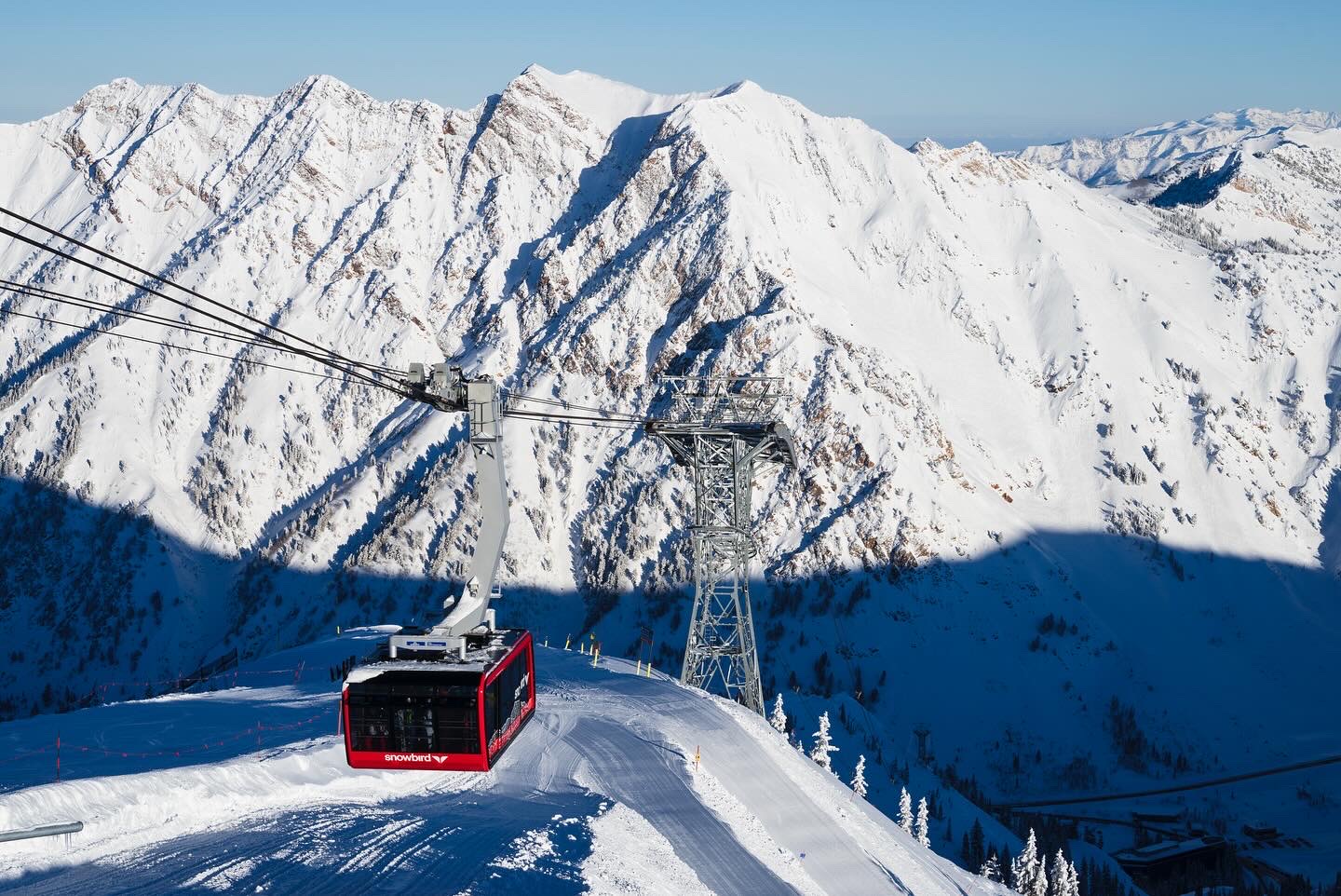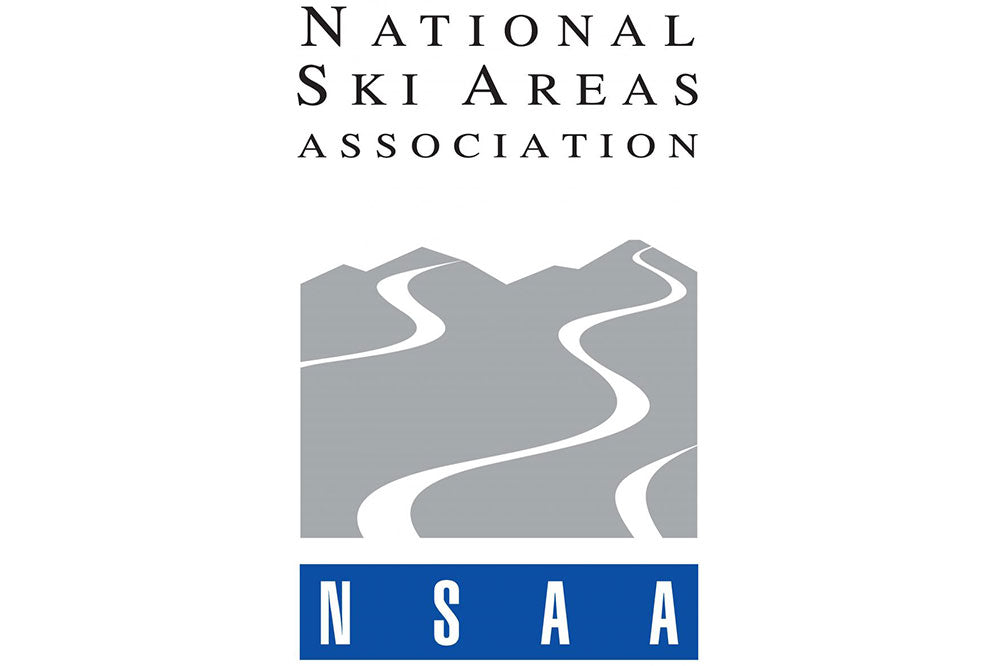
LAKEWOOD, Colo. – The National Ski Areas Association (NSAA) released preliminary skier visit numbers for the 2023-24 season, reporting a total of 60.4 million. This season ranks as the fifth best on record. NSAA has been tracking skier visits since the 1978-79 season; you can find historical visitation numbers here.
“Some ski area operators described the season as a roller coaster, and I applaud those same operators for being flexible, reopening to take advantage of a late season storm or making snow in late March to squeeze in one more week,” said Kelly Pawlak, NSAA president and CEO.
“Skiers are a hardy bunch and responded enthusiastically. The strong skier visits speak volumes to their passion for sliding on snow,” she said.
The skier visit number is a perennial key performance indicator for the downhill snowsports industry. A skier visit is a measure of frequency recorded every time an individual uses a lift ticket or pass at a ski area. The number is preliminary as several ski areas are still open for skiing and riding. The final number is not expected to be significantly different. NSAA will collect updated numbers as those ski areas close for winter operations and will update this release once final numbers are compiled.
This Season in Context
Skier visits are a key performance indicator for the ski industry. Following two consecutive seasons of record visitation, the start of the 2023-24 snowsports season was met with both anticipation and unseasonably warm temperatures, leading to a delayed start in many regions of the country. Despite that, U.S. ski areas tallied over 60 million visits, which indicates the resilience of snowsports among renewed interest in outdoor recreation post-pandemic.
Visits By Ski Area Size
Extra-large resorts tallied the bulk of skier visits at 57%. Although small ski areas account for 59% of U.S. ski areas in operation, they tallied approximately 13% of total skier visits. NSAA measures ski area size by vertical transportation feet per hour (VTF/h), a calculation of uphill lift capacity.
Regional Impacts
NSAA divides ski country into six regions. While performance remained strong in several regions, all six regions experienced a decline in skier visits against last season’s unparalleled numbers. The Rocky Mountain region remains the most visited, reporting 26.7 million skier visits, followed by the Northeast at 12.4 million and the Pacific Southwest at 8.0 million. The Midwest was the fourth-most visited region, tallying 4.8 million visits despite also reporting the biggest YOY decrease (26.7%). The Pacific Northwest region reported 4.2 million visits. The Southeast reported 4.2 million and had the least change year over year.
Ski Areas in Operation
Additionally, NSAA’s count of ski areas operating in the U.S. totaled 487 for the past season, an increase of seven ski areas from the season prior. Changes in this number included the reopening of seven ski areas; the founding of one new ski area; and the loss of one ski area due to a merger. Other fluctuations are caused by cycles of closure and reopening of small ski areas; factors such as inflow of capital, weather and local interest affect this cycle.
Snowfall
Historically, fluctuations in skier visit numbers could be correlated with snowfall; more snow generally meant more skier visits. This season, a slightly below-average snowfall season still yielded a skier visit number that would have been considered high in a normal year prior to the pandemic.
Average snowfall at ski areas nationally totaled 158”, a departure from the previous season’s 225” (a record snowfall year for several ski areas). The 10-year average holds at approximately 173”. The average length of season was 106 days, a decrease of only seven days from the previous season, a testament to the importance of snowmaking in a below-average snow year.
Capital Investment
Capital investment for 2023-24 season totaled $754.3 million.1 Lift infrastructure continues to be a focal point for the U.S. industry, with 99 new and upgraded lifts being installed at ski areas this past season. The average ski area reinvested $29.20 per skier visit back into the resort. The $4+ increase over last season’s average signals that ski areas remain laser-focused on improving the guest experience despite reduced visitation.
Next season’s (2024-25) capital investment is projected to reach nearly $500 million, including plans for 71 new and upgraded lifts.
Season Pass Visitation Remains Strong
Season passes remain the primary access product used by skiers and riders for the fifth consecutive season. Season pass holders made up 50% of visits nationally, with standard day or multi-day lift tickets claiming 31% of visits. The balance is claimed by frequency products (showing a 3 ppt increase this season), off-duty employees, complimentary products, etc.
Additional Information
Note: NSAA does not report on state-level metrics. Some data are still being collected and analyzed for the 2023-24 season. For further national and regional analysis of the 2023-24 U.S. ski season, please email Adrienne Saia Isaac, NSAA director of marketing and communications, at aisaac@nsaa.org.
